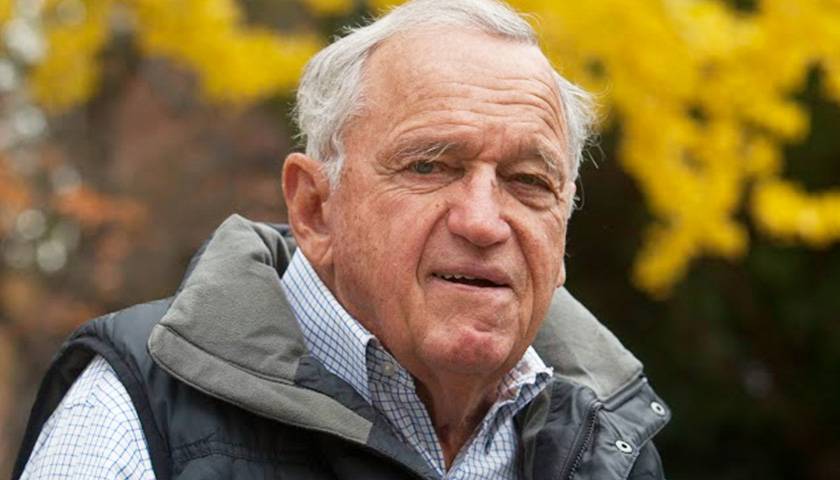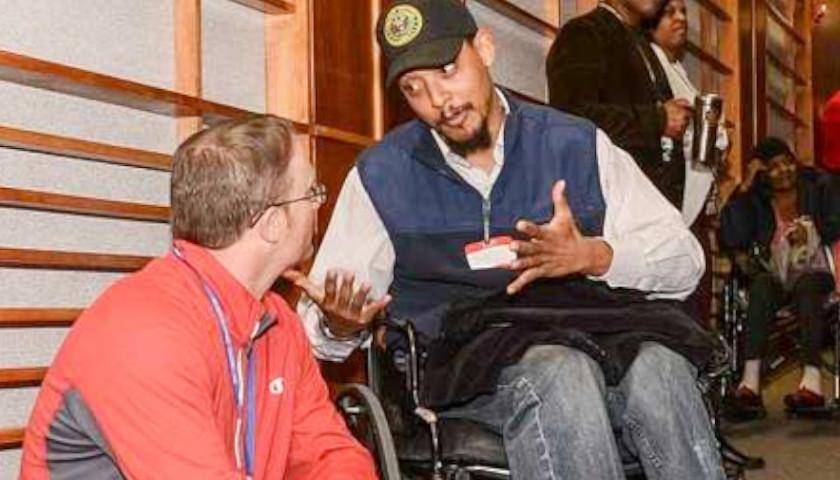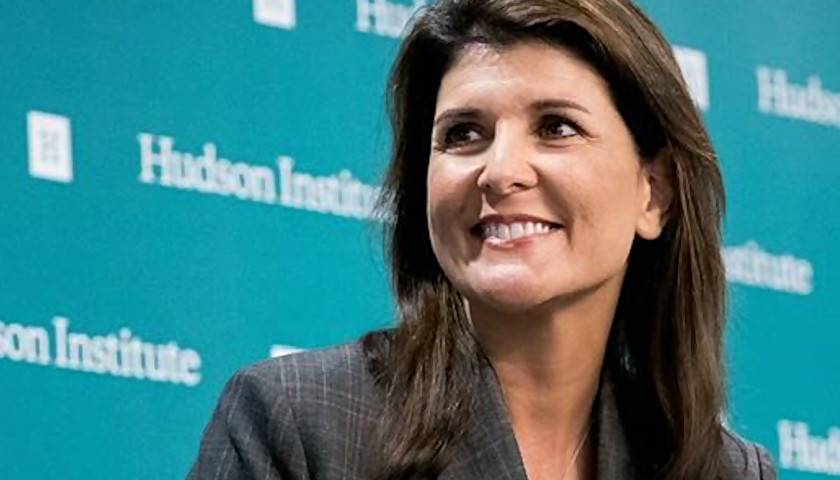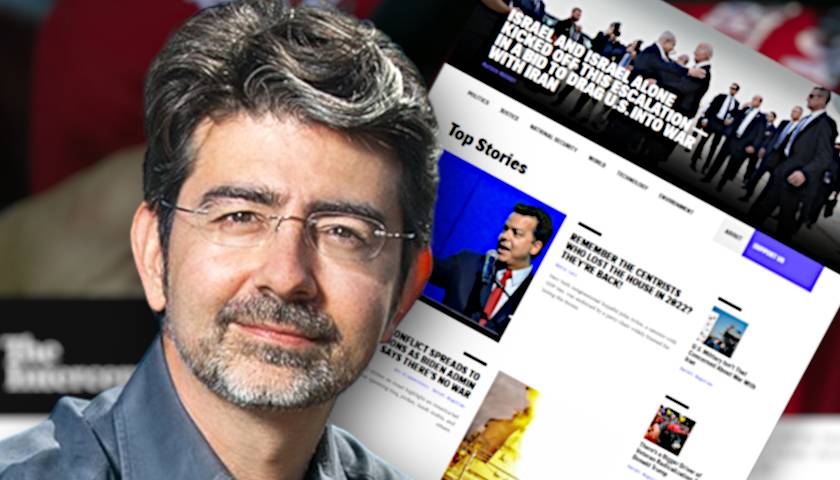by Hank Long
How did a Swiss billionaire who has donated hundreds of millions of dollars to left-leaning American nonprofit political advocacy groups become a topic of debate over an elections bill on the floor of the Minnesota House of Representatives?
Republican legislators allege that Hansjörg Wyss, a former medical device industry executive turned political activist, has his fingerprints on a provision included in a sweeping elections reform bill the DFL House majority passed on a party-line vote late Thursday night.
The provision in question — included in a potpourri list of election reforms in HF3 — would prohibit certain types of political activity by foreign-influenced corporations. But it wouldn’t restrict similar activity by foreign-influenced nonprofit organizations, such as Washington, D.C.-based Center for American Progress, of which Wyss is a donor and board member.
The Center for American Progress has actually crafted model legislation that mirrors the provision in HF3, State Rep. Harry Niska, R-Ramsey, told his colleagues during a five-hour debate on the overall bill. And the organization’s staff submitted written testimony in support of the provision when it was heard in a Minnesota House Elections Committee in January.
“This legislation is literally — by its own term — foreign-influenced legislation,” said Niska. “It’s like the snake eating its own tail … while [this provision] chooses to disable for-profit corporations, it chooses not to regulate certain other entities.”
For that reason, Niska offered an amendment to the provision which would have expanded the language to include nonprofit entities, such as political advocacy organizations and even international labor unions, that receive money from foreign donors.
While Niska’s floor amendment ultimately failed on a party-line vote, the author of the provision, Rep. Zack Stephenson, DFL-Coon Rapids, admitted it had some merit.
“I am interested in looking into the idea of looking at not-for-profit corporations that are foreign influenced and labor unions and any other group,” Stephenson said. “It’s an interesting discussion … but it wasn’t the problem I was trying to solve when I authored this bill.”
Republicans also pointed out that one of the nonprofit entities funded by Wyss has contributed to ISAIAH Minnesota, a legislative advocacy coalition that testified in support of HF117, the standalone bill for the foreign-influenced corporation restriction, this session. In 2020 alone, New Venture Fund donated $730,000 to ISAIAH Minnesota, according to public disclosure records.
Stephenson denied the language in the bill was lifted from the Center for American Progress model legislation, and said he was inspired to author the provision after reading a newspaper article after similar legislation was passed by the Seattle City Council. But State Rep. Ann Neu Brindley, R-North Branch, said that would be a “remarkable coincidence.”
“Perhaps it is miraculous, some might even call that bonkers that that language (in the Center for American Progress model legislation) is virtually identical to the language in this bill,” she said.
Election reform bill also includes automatic voter registration, other provisions
Republicans and Democrats sparred over several other provisions contained in the bill, coined the “Democracy for the People Act,” including:
- Pre-registration for 16- and 17-year olds
- Ability for voters to be added to a permanent absentee voter list that would automatically send them absentee ballots during election season
- Automatic voter registration every time residents come into contact with state agencies like the Department of Vehicle Registration or the Department of Human Services
- New voter intimidation laws and related penalties
- Expansion of disclosures of who is funding campaign ads
While Democrats praised their efforts following the passage of HF3, the Senate version isn’t yet guaranteed the same fate. That bill, authored by Sen. Liz Boldon, DFL-Rochester, has made it through its committee process on party-line votes and is expected to come to the floor in the coming days, she said.
Gov. Tim Walz promised to sign the bill, regardless of whether it has any support from Republicans, a departure from promises kept by prior governors Mark Dayton and Tim Pawlenty, who publicly stated they would only sign election reform bills that receive bipartisan support. Walz had previously told media in 2019 that he would commit to only signing election reform bills that had received bipartisan support.
– – –
Hank Long is a journalism and communications professional whose writing career includes coverage of the Minnesota legislature, city and county governments and the commercial real estate industry. Hank received his undergraduate degree at the University of Minnesota, where he studied journalism, and his law degree at the University of St. Thomas.
Photo “Hansjörg Wyss” by Oceana. CC BY 3.0.




